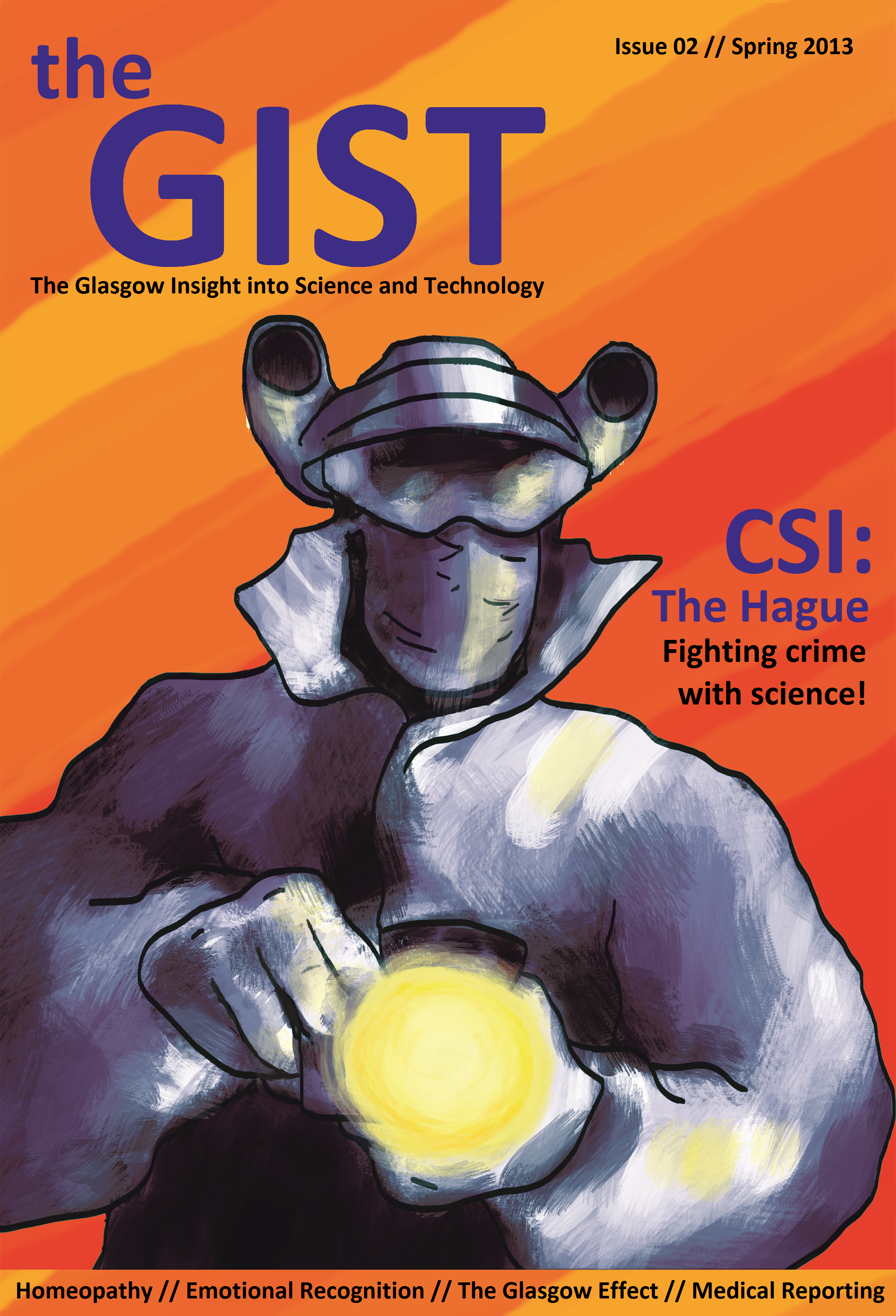Pint of Science Festival 2018: ‘What has science ever done for our sex lives?’

If you want to improve any aspect of public health it is important first to understand it, and sexual health is no exception. That’s what researchers Dr Ruth Lewis and Dr Kirstin Mitchell at the MRC/CSO Social and Public Health Sciences Unit of the University of Glasgow are trying to understand with the help of the British National Survey of Sexual Attitudes and Lifestyles (commonly abbreviated to Natsal 1), as well as additional smaller scale surveys that can provide in-depth information. They spoke captivatingly at the Pint of Science event ‘What has science ever done for our sex lives?’ 2, introducing the background and sharing some of challenges of this area of research. More specifically, they discussed the disparity in reporting of sexual behaviours between the male and female genders, and then about sexual perceptions in middle-aged people who find themselves back on the dating scene.
The event began with some good old-fashioned audience participation, though in a modern twist we texted in our responses anonymously rather than answering by a show of hands. I’m sure the audience, myself included, were grateful for the modification. First up, the statement “A quarter of British adults report having taken part in a threesome” was posed with the options of “True”, “False”, or “Don’t know”. After going through some more statements we reached the end of the polling, when it was revealed that all of them had come from questionable headlines on various news sites, and the threesome example was debunked for us. The statistic came from an online survey of The Sun readers, which makes it unreliable for several reasons: it does not fully represent the British population, as it only captures those who read that particular publication; of those, it could only capture people who were both willing to fill in the survey and had internet access to do so; and people may have different definitions of what constitutes a threesome, resulting in inaccurate reporting. The message here is that popular media rarely portrays sex and sexual attitudes truthfully, and dodgy statistics are likely to fuel misconceptions held by the general public about this subject matter. Only properly designed research studies, such as Natsal, are likely to give an accurate reflection of people’s sexual behaviours and attitudes, and even then the information can be challenging to interpret.
However, sex research isn’t something that has always been taken seriously. The first large-scale sex survey – published as the famous Kinsey Reports – was conducted in America in the 1940s and early ‘50s. It took decades for the UK to conduct anything remotely similar, and even in the wake of the AIDS epidemic in the 1980s, then prime minister Margaret Thatcher pulled funding on a large study. Natsal, now in its third incarnation, is the UK’s most comprehensive survey into sexual attitudes, and it forms the basis for a lot of the important research going on in this field.
The second talk covered the vexing issue that men report a higher number of opposite-sex sexual partners than women. We covered the basic maths that debunks the possibility that this could accurately reflect reality and then launched into the various factors that may contribute to the disparity in reporting. This included things such as: how people arrive at their number of sexual partners – for example, women tend to be more likely to count while men might be more inclined to estimate; excluding partners that people had met while on holiday outside of the UK; excluding extreme outliers (Fun “Fact”: Fidel Castro allegedly had 35,000 sexual partners in his lifetime. Exhaustingly, that equates to an average of two partners every day for 47 years. Make of that what you will.); adjusting for the disparity between those who pay for sex – 11% of men report ever having paid for sex compared with just 0.1% of women; and lying – people may still conform to what they believe is socially acceptable, even in an anonymous survey, and unfortunately, there is still an inconsistency in what is seen as the social norm for men and women when it comes to their sexual history. If anyone is in doubt about what that double standard is, I direct you to this song lyric from Christina Aguilera: “The guy gets the glory the more he can score/ While the girl can do the same yet you call her a wh*re”. In the end, they found that taking account of all of these measures can help to narrow the gap significantly, but there is still a discrepancy that large, quantitative studies cannot account for on their own.
The final talk, about sexual risk perceptions of midlife men and women, drew from research carried out by in-depth interviews with people who had recently left long-term relationships. Little research has been done thus far into barriers that may prevent people in this age group from using adequate protection, and, given the recent increase in sexually transmitted infections reported in midlife, it’s important to understand these challenges in order to help improve things. One comment made by a study participant was that going into a pharmacy to buy condoms would be embarrassing, or they could be judged by the person serving them who may be as young as their own kids. This rich level of information is something that Natsal could not pick up on by itself.
The night concluded with a Q&A, and given the response the audience clearly found the evening engaging. There was plenty of other interaction throughout the night too: a ‘sexy science’ game, a ‘Sexual Well-being Wall’ where audience members were asked to add Post-it Notes to say what sexual well-being meant to them, and a challenge to share the best sexual science fact. The winner; “you should change a condom after 30 minutes of sex, of course sooner if you change partner” – I guess there really is something new to learn every day.
This article was specialist edited Sonya Frazier by and copy-edited by Katrina Wesencraft.










